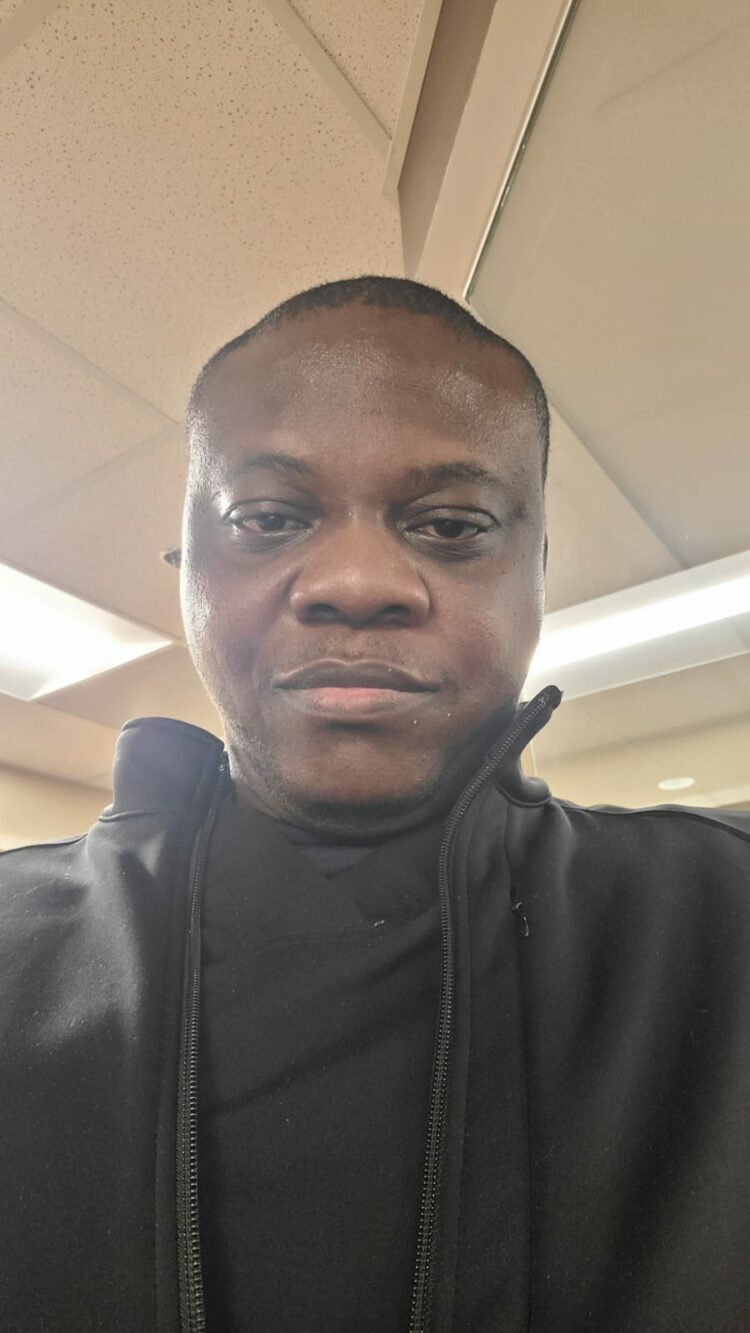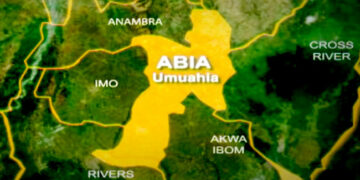The poverty landscape in Nigeria has long been a subject of concern. As of 2019, the World Bank reported that a staggering 40% of the Nigerian population lived below the national poverty line, shedding light on the profound economic struggles faced by a significant portion of the nation’s residents. The issue of poverty in Nigeria is far from simple, with a multitude of underlying causes, from systemic inequalities to limited access to education and healthcare.
A primary factor contributing to this pervasive poverty was the stark disparity in the distribution of wealth and resources. A considerable portion of the nation’s riches remained concentrated in the hands of a select elite, leaving the majority of the populace grappling with financial hardships. This inequality exacerbated existing social divisions and hampered large-scale poverty alleviation efforts.
Furthermore, Nigeria confronted challenges concerning access to quality education and healthcare, particularly in rural regions where communities often lacked the necessary infrastructure and resources for schools and medical facilities. This lack of essential services hindered the development of human capital, limiting opportunities for individuals to break the cycle of poverty through education and skill acquisition.
Adding to these complexities, Nigeria’s economy heavily relied on revenue from oil exports, rendering it highly susceptible to fluctuations in global oil prices. This single-commodity dependence hindered the nation’s ability to attain sustained economic growth and diversification, with economic shocks such as plummeting oil prices having severe repercussions for the livelihoods of millions of Nigerians.
Addressing poverty in Nigeria demanded a comprehensive approach, one that encompassed wealth redistribution, enhanced access to education and healthcare, and economic diversification. Effective governance and anti-corruption measures were also essential to ensure transparent and efficient resource allocation.
For the most current statistics and information regarding Nigeria’s ongoing battle against poverty, it is recommended to consult recent reports from reliable sources or official government statements. These sources will provide the latest insights into the progress and challenges encountered in the fight against poverty in Nigeria.
Kole Akintujoye, originally from Nigeria and currently residing in the United States, is a dedicated medical professional, philanthropist, and the visionary founder of the Give Us Our Daily Bread Foundation.











